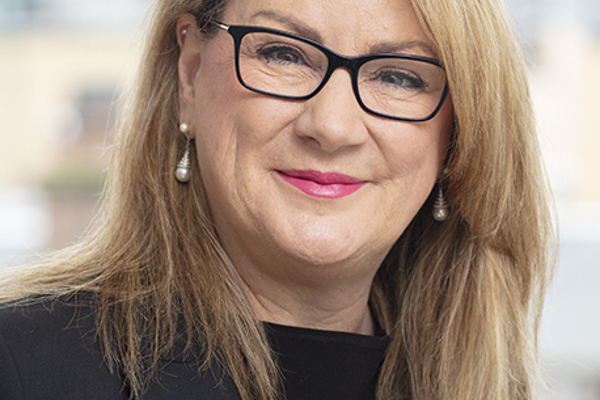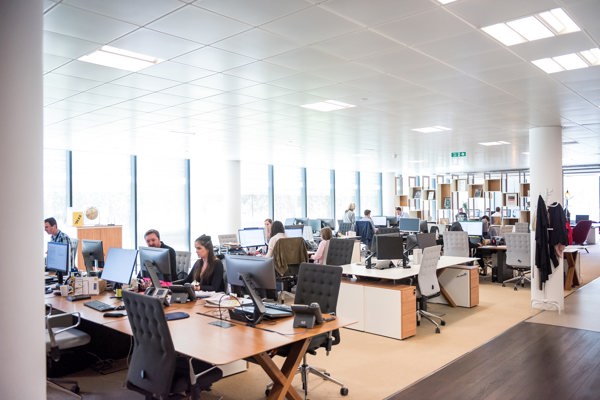Research has shown that eating a locally grown, plant-based diet is one of the best thing individuals can do to reduce their contribution to the climate crisis. Whilst driving an electric car or taking fewer flights reduces your contribution to greenhouse emissions, eating a plant-based diet also significantly reduces your land and water use.
It takes 735 litres of water to produce one chicken breast and somewhere between 13,000 litres and 100,000 litres for a kilo of beef. Livestock production is responsible for 70% of the Amazon deforestation where the rainforest has been cleared to create new pastures for grazing and rearing livestock.
Alternatively, a vegetarian diet requires two-and-a-half times less the amount of land needed to grow food when compared to meat diet. A plant-based diet also helps to prevent the loss of biodiversity which has been decreasing at alarming rates in recent years.
On our planet's current trajectory, we will need the equivalent of three planet's resources to sustain our current needs. If you are looking to reduce your carbon footprint then choosing locally grown, plant-based alternatives is a delicious way to do this while contributing to a healthy lifestyle.
Not only is vegetarianism one of the easiest ways that you can make a difference of your impact on the planet, but it has also become increasingly accessible in recent years. Vegetarianism and other meat-free lifestyles have been on the rise, with 14% of the UK population following a meat-free diet. Giving up meat has become easier due to the increasing awareness of the climate, social and health impacts and availability of substitutes for supermarket shopping and eating out. Not only can you now buy alternatives to most types of meats easily in supermarkets, but you can also find meat free alternatives in most fast-food chains and almost all restaurants.
Meat substitutes can provide a smooth transition into vegetarianism and can help to curb the cravings for typical meat-based foods. This means that you don't have to miss out on the foods you know and love, and can find vegetarian alternatives to almost everything, even sausage rolls and bacon!
However, when changing your eating habits, one of the most effective ways to do this is to take it to the kitchen and adopt tasty vegetarian recipes. Investing in a good recipe book can facilitate an exciting introduction to vegetarian cooking. With a little bit of guidance and inspiration, it is easy to use vegetables, pulses and beans to make your favourite dishes filled with flavour. Meat-free recipe books such as the "Bosh!" books provide numerous delicious recipes, including all the classics you know and love, along with recipes from different cuisines that you may not have otherwise come across. Adopting a plant-based lifestyle means you have to think outside of the box, and there are numerous resources that can allow for top tier cooking without using meat.
It is great to aspire to cut down your meat intake and think about what you are consuming, but it is important to be patient and change your habits in a way that suits your lifestyle. There are lots of different ways you can reduce your meat intake: eating vegetarian during the week; having two vegetarian meals a day; or simply opting for a meat-free option whenever you can. The National Food Strategy Report has proposed that we should be eating 30% less meat by 2030, and that this could be achieved if everyone had just two meat-free days a week.
Making a change doesn't have to be immediate or drastic but making an effort to consider meat-free options can be one of the easiest and effective ways to make reduce your individual contribution to the climate crisis.


